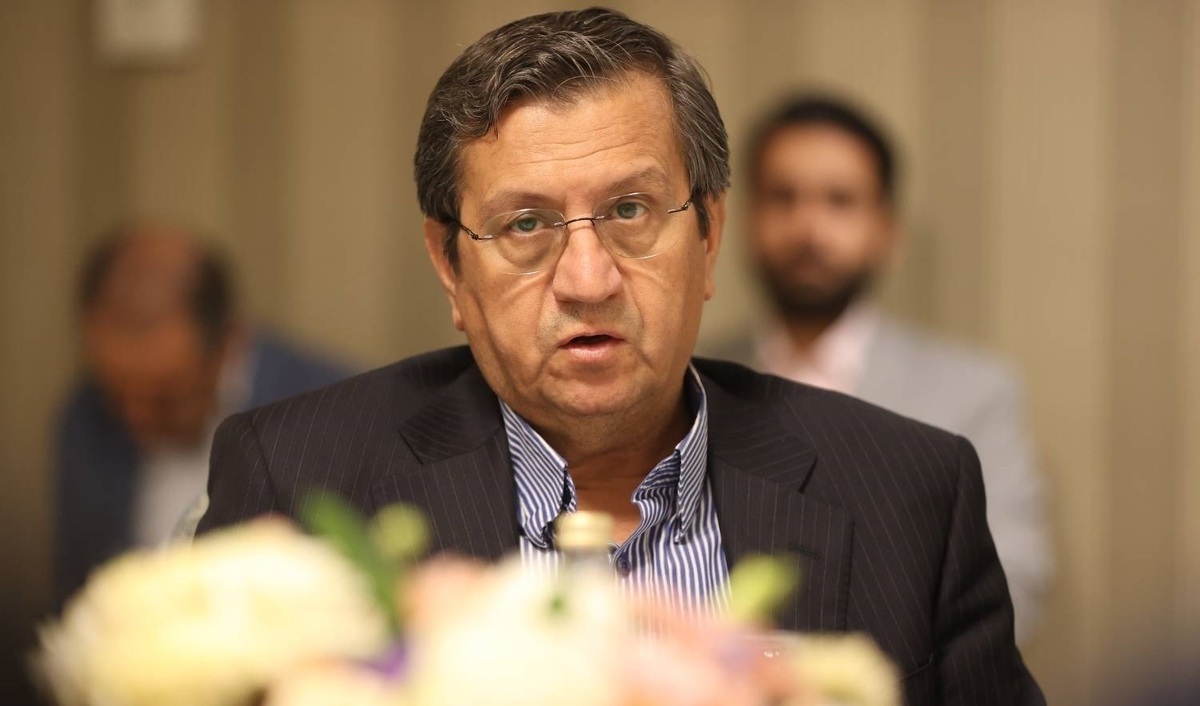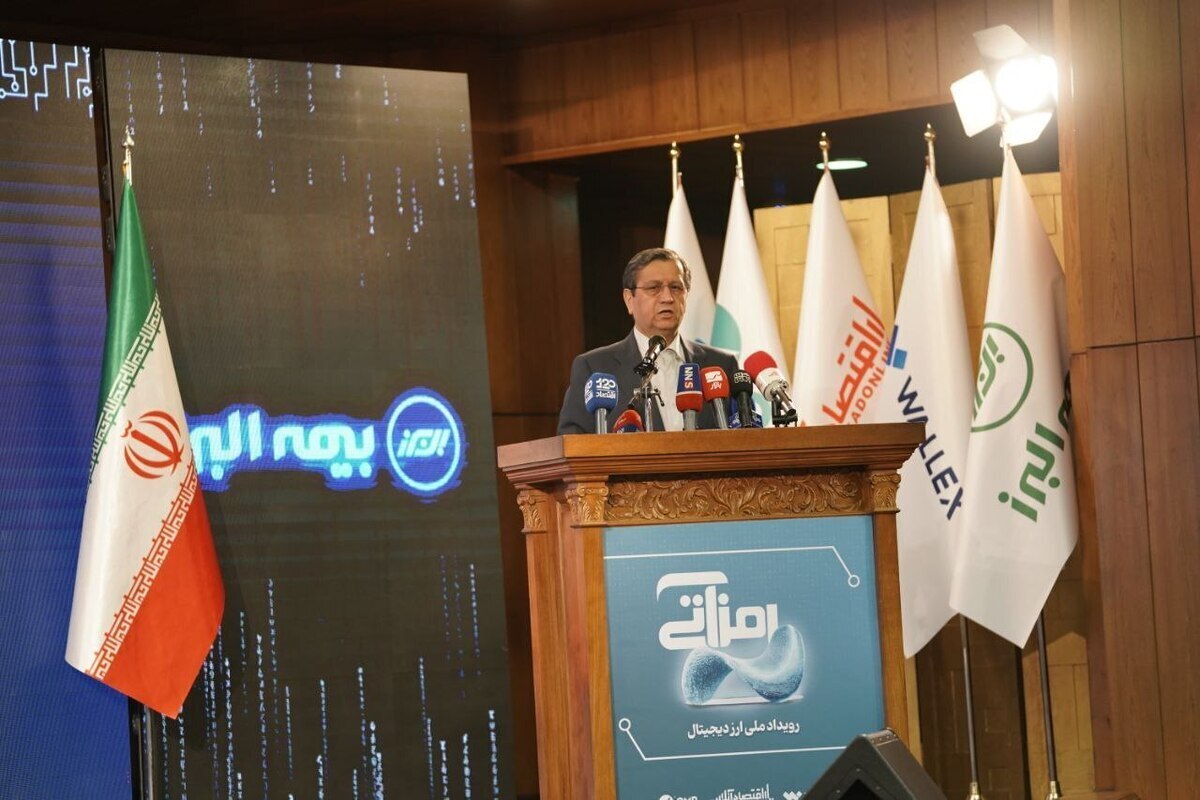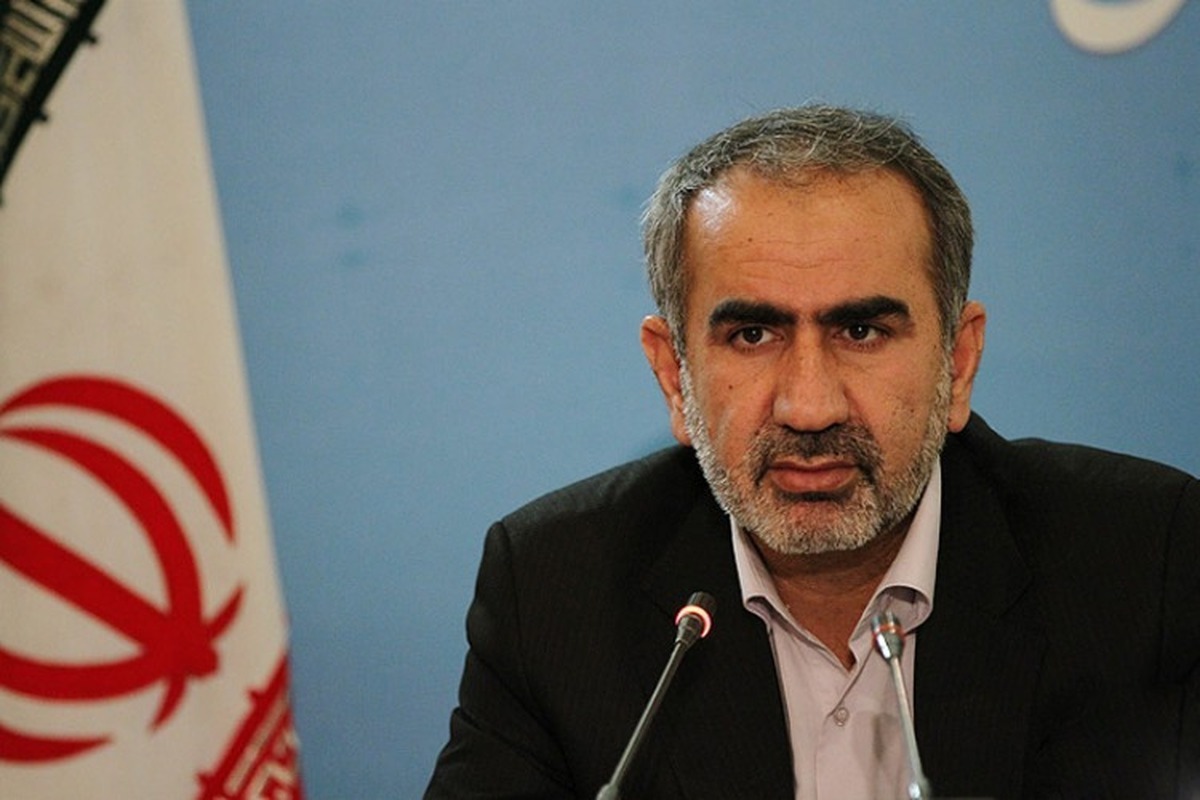
People Must Be Aware of the High Risks in the Cryptocurrency Sector / We Welcome Using Digital Currency to Counter Sanctions

At the National Crypto Future event, the Minister of Economy discussed the future of cryptocurrencies in Iran and the government's approach to this issue.
According to *EghtesadOnline* reporter, Abdolnasser Hemmati, the Minister of Economy, stated at the event that digital economy is an extremely important topic, and our neighboring countries are advancing rapidly in this area. Unfortunately, we have not been able to achieve growth in the digital economy at the same pace as the rest of the world and our neighbors. The reason for this is the pessimistic view we have toward these trends, and instead of addressing the threats wisely, we create limitations.
He added: "An example of this situation is filtering, where it is unclear why we should do this. The 14th government is determined to remove the filtering. It is a very obstructive and limiting issue. Instead of managing cyberspace, we have resorted to restrictions, which is unacceptable to the government, and we are working to remove it."
Hemmati continued: "We are facing the same situation with cryptocurrency. There is no doubt that digital currencies have grown and advanced significantly in recent years. Digital currency has unique features in terms of investment, replacing fiat money, and being independent of centralized control. Its progress is remarkable, and we cannot ignore this progress."
The Minister of Economy explained: "Recently, there was a discussion in the Supreme Supervisory Council of the Central Bank about digital currencies and the regulations they are setting for supervision. Regardless of the ongoing disagreement about whether the responsibility for cryptocurrency lies with the Central Bank, the Supreme Council of Cyberspace, or the Ministry of Economy, the Central Bank believes it is their responsibility according to recent law, though part of it also falls under the Ministry of Economy and the Securities and Exchange Organization."
Hemmati elaborated: "We are moving toward organizing the digital currency sector, but this does not mean creating limitations. We have not succeeded in implementing restrictions, so we must focus on managing the negative effects and benefiting from the positive aspects of it."
He emphasized: "Cryptocurrencies are not backed by entities, and naturally, when this is the case, governments and central banks are skeptical because they are outside their control. All governments prefer to have everything under their control. While we may not like it, I, as a representative of the government, say that President Raisi’s administration has no intention of imposing restrictions and is focused on optimizing its use."
The Minister of Economy noted: "We are currently under sanctions, which are a cruel act against our economy and trade. When we cannot conduct business through financial intermediaries, it is natural that digital currencies can assist us. If anyone enters the cryptocurrency field and helps us counter the sanctions, it would be a service to the country. We know these sanctions are unjust, and if a cryptocurrency can help us neutralize them, we welcome it."
Hemmati emphasized: "We cannot ignore digital currencies, which are a key tool in global asset management. However, their risks are high, and we should not tell people to rush and buy cryptocurrencies because it can have negative effects and carry a lot of risk."
He added: "Talk to people about the high risks of these activities. Many people have entered this field, and we should not think that only a select few are involved in cryptocurrencies."
The Minister of Economy stressed: "Another important point is educating the public, and this education should be widespread."
Hemmati said: "I do not know whether the traditional system will be replaced and blockchain-based wallets will take over the scene. No one knows when this will happen, but the trend shows that it is serious, and we cannot ignore it. We must be prepared."
He continued: "My suggestion is for those active in this field to form an association. The problem is that we are waiting for the Central Bank to issue regulations, and everyone sends their own opinions separately. I think this should not be done individually but should be presented in a collective manner. As Minister of Economy, I will help form an association for digital currencies or any other title to follow up on the issues."
According to Hemmati, it is estimated that tens of billions of dollars worth of these assets are held by the public, and these assets can be used as collateral.
Hemmati concluded: "In this area, we must keep several things in mind: provide adequate education to the people, warn them of the risks, form an association, and avoid applying restrictions across all sectors."
He stated: "The reality is that digital currency wants to escape from oversight, and this is a natural process. However, the idea that its negative impact has no connection to our economy is unacceptable. For example, in the case of money laundering and supporting terrorist activities, this is an important issue, and regulatory bodies must supervise it. But the subtle question is how supervision can be carried out without limiting activities, and this needs to be followed up."
Hemmati emphasized: "The government believes in targeted management, not filtering in cyberspace, including in the case of cryptocurrencies. We have made good progress in the digital economy. The harm caused by filtering to people’s businesses is substantial, and more importantly, the black market economy created by the sale of VPNs has inflicted another blow on the country's economy."
The Minister of Economy stated: "It is said that the size of the black market economy created by VPNs is equivalent to the official revenues of the communications sector, and this is very problematic. We hope to reach a public consensus, remove filtering, and expand the digital economy, including cryptocurrencies and digital assets, within its framework."
Hemmati concluded: "The responsibility for digital currencies lies with the Central Bank. Cryptocurrencies must be developed with the aim of growing assets, creating employment for youth, helping counter sanctions, and aligning domestic economic activities with the global economy."




